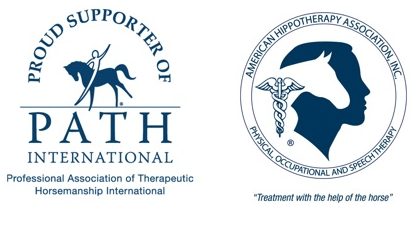“[We] saw saw improved gait and balance in Parkinson’s patients ”
Brandon Rhett Rigby Ph.D., CSPS, NSCA-CPT
TWU Associate Professor, School of Heath Promotion and Kinesiology
Leah S Goudy, Brandon Rhett Rigby, Lisa Silliman-French, and Kevin Becker; all from Texas Woman’s University, in July 2019, published a study documenting their observed impact of the effects of simulated horseback riding on balance, postural sway, and quality of life in older adults with Parkinson’s disease. The study, in which the MiraColt was used as the simulator, found that after 6 weeks of physical therapy for Parkinson’s Disease, there was an improvement in balance and cognitive impairment in adults with the condition.
Parkinson’s disease (PD) is a neurodegenerative condition that affects the brain, resulting in a progressive loss of coordination and movement. Symptoms can include tremors, mood disorders, constipation, cognitive impairment and problems with speech and swallowing. Because there is currently no cure for PD, available treatments are focused on controlling the symptoms themselves and apart from medical treatments and surgery, often involve supportive physical therapies for Parkinson’s (including physiotherapy, occupational therapy, and speech and language therapy) to help manage disease symptoms. The need to find effective supportive treatments has been a major drive for Dr. Rigby’s research work.
Twelve participants who rode the MiraColt for six weeks reported improved standing ability, less cognitive impairment, improved balance, better sleep, increased mobility, better emotional state, and increased social interaction.
The Texas Woman’s University news-wire reported on September 1, 2020, that Dr. Rigby had received a $50,375 grant from the Human Animal Bond Research Institute (HABRI) to further study the potential impact of hippotherapy for Parkinson’s Disease.
In that study, building upon the prior study above, thirty men with Parkinson’s Disease will be randomly assigned to participate in equine-assisted therapy at Victoria Therapy Center in Roanoke, Texas or simulated horseback riding (on the MiraColt). The therapeutic intervention will last 8 weeks with riders receiving therapeutic intervention twice a week.
The study outcomes are expected to have a significant impact on an understudied population.
